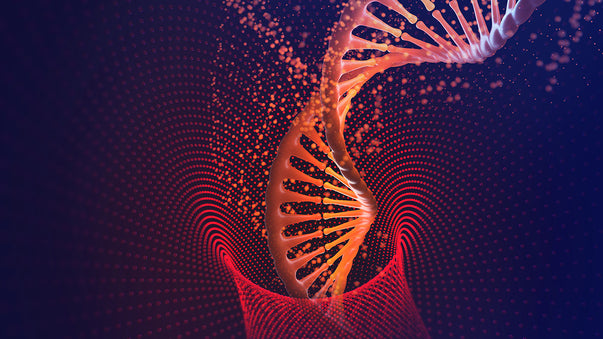CRISPR Gene Editing Alters Social Behavior of Lab Animals

Scientists at Georgia State University have created gene-edited hamsters for studies of social neuroscience. And they have found that the biology behind social behavior may be more complex than previously thought.
A study is published in PNAS. It reports that the scientists used CRISPR-Cas9 gene editing technology in hamsters to eliminate a receptor called Avpr1a. The receptor responds to a hormone called vasopressin. This mechanism regulates social phenomena ranging from pair bonding, cooperation, and social communication to dominance and aggression.
The scientists found that knocking out the Avpr1a receptor in hamsters effectively eliminated vasopressin's action. And it dramatically altered the expression of social behavior in unexpected ways.
Hamsters provide a powerful model for the studies of social behavior. Their social organization is far more similar to humans than that observed in mice, even though mice are the most common laboratory animal. Hamsters are the species in which vasopressin was first demonstrated to influence sociality.
"We were really surprised at the results," says research co-leader H. Elliott Albers in a press release issued by Georgia State University. "We anticipated that if we eliminated vasopressin activity, we would reduce both aggression and social communication. But the opposite happened."
What happened was that the gene-edited hamsters showed much higher levels of both social communication and aggression. In particular, the typical sex differences observed in aggressiveness were eliminated. And both male and female hamsters displayed high levels of aggression towards other same-sex individuals.
"This suggests a startling conclusion," says Albers. "Even though we know that vasopressin increases social behaviors by acting within a number of brain regions, it is possible that the more global effects of the Avpr1a receptor are inhibitory."
"We don't understand this system as well as we thought we did. The counterintuitive findings tell us we need to start thinking about the actions of these receptors across entire circuits of the brain and not just in specific brain regions."
"Developing gene-edited hamsters was not easy," concludes Albers. "But it is important to understand the neurocircuitry involved in human social behavior and our model has translational relevance for human health. Understanding the role of vasopressin in behavior is necessary to help identify potential new and more effective treatment strategies for a diverse group of neuropsychiatric disorders ranging from autism to depression."
Futurism has a story titled “Scientists Gene Hack Hamsters Into Hyper-Aggressive Monsters: That wasn't supposed to happen!” Other publications raise alarm and "hope scientists keep their CRISPR experiments confined to the lab until we know much more about the relationship between DNA and traits."
I think this sounds reasonable. But it is important that the research continues until we know much more on how genes influence social behavior. Then we’ll know enough to think of important applications.
More Articles
Don't miss a beat! In our Pulse Newsletter, Thrivous curates the most important news on health science and human enhancement, so you can stay informed without wasting time on hype and trivia. It's part of the free Thrivous newsletter. Subscribe now to receive email about human enhancement, nootropics, and geroprotectors, as well as company news and deals.
Read more articles at Thrivous, the human enhancement company. You can browse recent articles in Thrivous Views. See other Pulse Newsletter articles. Or check out an article below.
-
New Gene Editing Tool Is Smaller and Better than CRISPR
Scientists at Cornell University have advanced toward a new gene editing tool. It is less than half the size of ...
-
This Supplement Combo Effectively Relieves Stress
Researchers have studied the effect of a combination of Magnesium, B vitamins, Rhodiola, and L Theanine in stressed but otherwise ...


